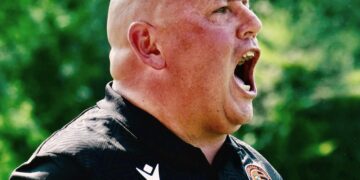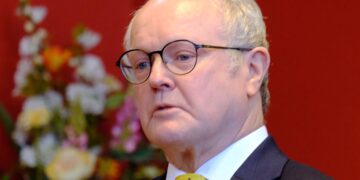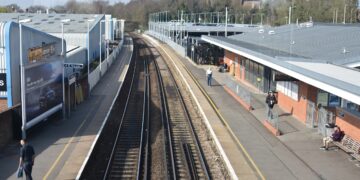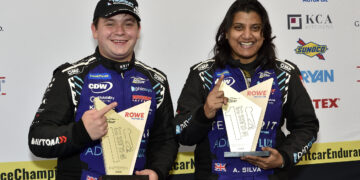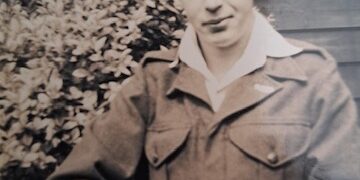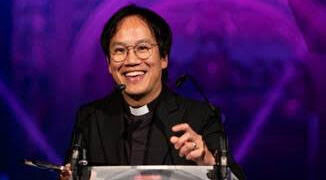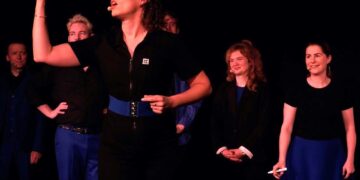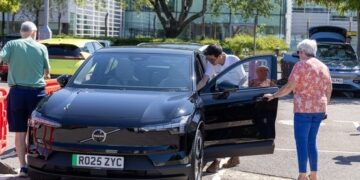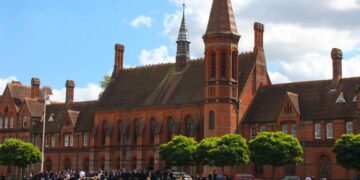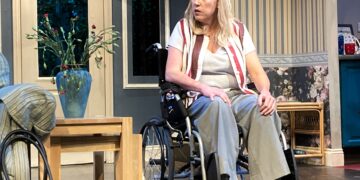Thomas Hallard Mead was killed in the trenches in July 1916. He was 26 years old.
At the time of his death, his parents, William and Sarah, were living at 3 Broad Street, Wokingham, now part of the small block of flats on the site of the old Natwest building. His death is one of many recorded on the website www.wokinghamremembers.com, which I urge readers to visit.
Thomas had emigrated to Canada prior to the outbreak of the First World War.
His Canadian Army records show that he passed his medical within the month of war being declared in Europe and was enlisted a few weeks later as a gunner on 22nd September 1914, Britain having entered the war on 4th August. His unit sailed for Europe on the 3rd October. It is perhaps not surprising that he volunteered so quickly as his records show under prior military service he declared that he had served for 3 years in the Berkshire Yeomanry, the modern equivalent of the Army Reserve, while living in Wokingham.
He was wounded and hospitalised in April 2015 but was able to remain on active service. In October 2015 he was awarded a temporary commission to second lieutenant, having obtained a transfer to the ‘Imperial Forces’, namely the Royal Field Artillery, the precursor to the Royal Artillery.
Goodness knows how his mum and dad, my grandfather’s cousin, felt on receiving the news of his death the following year. By 1916, awareness of the scale of casualties was common knowledge. At the start of the year, the government had introduced conscription, to compel young men to go to war, such was the shortage of volunteers and the requirement for ever more soldiers while the grim toll of deaths had been making itself felt in homes across our area. But nothing can have really prepared them for the awful news.
I know how it affected my grandparents. They were much younger than Thomas but they moved to Wokingham to work for Thomas’ dad. They were very aware of the huge loss to the family created by the death of their elder cousin. As a child I can recall my grandmother’s absolute horror at the seminal TV programme – “The World at War” – in the early 1970s. Her thoughts on war – and its effect on her family – were also coloured by the second world war which once again saw Meads ripped away from Berkshire and Hampshire to death and imprisonment in Asia, Africa and Europe.
As a Wokingham town councillor, one is expected to attend the Remembrance Parade organised by Wokingham Town Council. This year the parade was held on Sunday 10th and proceeded from the Town Hall to St Paul’s, along Rose Street. I must admit to having very mixed feelings about this. A parade made far more sense when there was a body of men who had served and who were willing to, once again, parade in honour of their fallen comrades in arms.
It would be the politically correct thing to say that the parade, and church service, were well attended and supported. I am not so sure. It is true that that many people watched the parade but I have the distinct feeling that most were there to watch their children, who were taking part as part of various brownie, cub, scout and cadet organisations rather then there for the parade in its own right. It made me wonder if a parade is the right thing for the Town Council to organise. I appreciate it is a spectacle of sorts and people may enjoy a band proceeding down Rose Street and Peach Street but enjoyment is for carnivals, not Remembrance. It feels to me that the 11 o’clock gathering and silence are a far, far better act of Remembrance. Very little fuss. Reflective silence.
Once at St Paul’s, I remained as focussed as possible on Thomas Hallard Mead and the sadness which his loss had caused my grandparents. I will remember him.
Andy Croy is a Wokingham Town Councillor for Norreys East ward.

